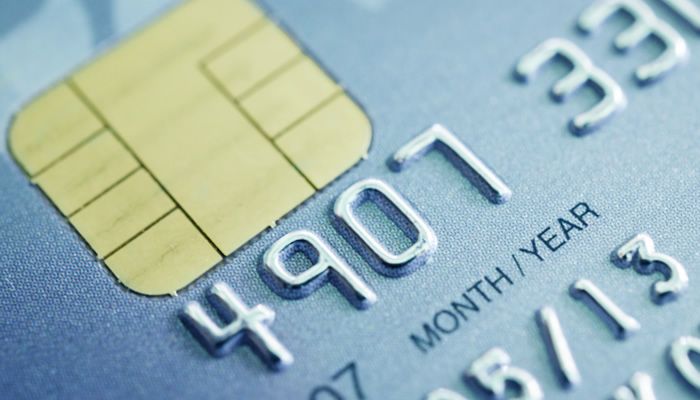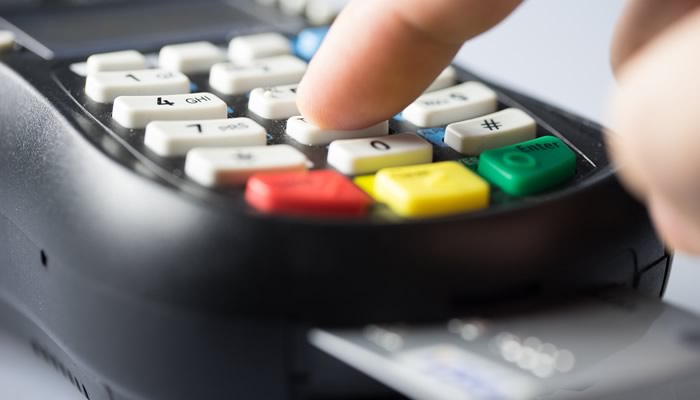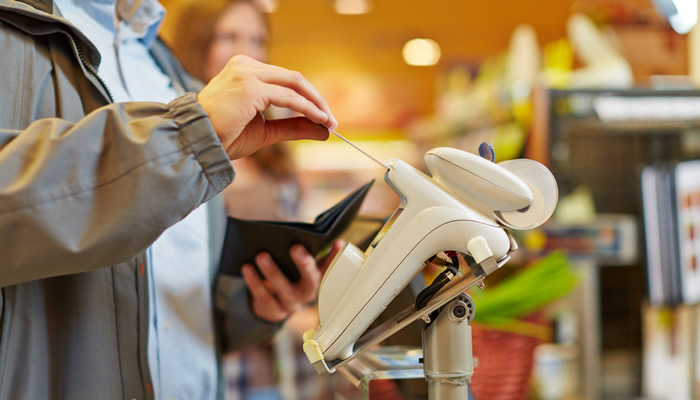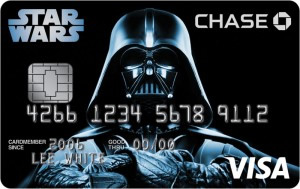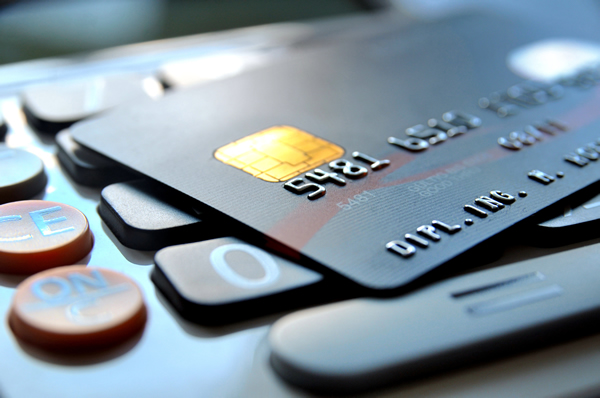
With the overnight lending rate frozen at 1% since September 2010, Canadians are taking advantage of ultra-low interest rates and piling on debt at record levels. While the much-touted debt-to-disposal income ratio dipped slightly in the fourth quarter of 2013 to 164%, Canadians are still dealing with a lot of debt – and that debt includes costly credit card debt, folks!
A recent bank survey confirmed an alarming trend – Canadians are a lot more comfortable carrying a balance on their credit card today than they were a few years ago. The survey found that fewer than half of us (48%) pay our credit card balance off in full. What is the other half doing? 52% of Canadians are going down a costly route, carrying a balance on their credit card. With the typical credit card interest at 19.99% – and store credit cards even higher – it could take you a very long time to pay off, especially if you’re only paying the minimum.
Paying the Minimum is a Dangerous Trap
Do you think carrying a balance on your credit card isn’t a big deal? Think again! Let’s say you only plan to pay the minimum on your credit card and have an outstanding balance of $2,000 at the typical interest rate of 18%. Your minimum payment is calculated as the greater of $15 or 2% of your outstanding balance – since 2% is greater, you’ll need to pay at least $40 ($2,000 X 2% = $40) to keep your account in good standing. Enter your own balances on the credit card payment calculator.
If you only pay the minimum each month, how long will it take you to pay off your credit card balance in full? Would you believe it would take 24 years! On top of that, you’d pay a total of $4,397 in interest – over double your original credit card balance! If math isn’t your forte, no worries – your credit card company is required by the government to show you how long it will take you to pay off your balance if you only pay the minimum. If you’re carrying a balance, this should serve as a wakeup call that you need to change your ways now!
Credit Card Benefits
While the above example is designed to show you the dangers of carrying a balance on your credit card, there are still plenty of benefits when you use your credit card responsibly. Here are a couple benefits:
Reward Points. Credit cards come in all shapes and sizes. If you manage to pay off your balance in full each month, you can earn a ton of points just by making your everyday purchases. The trick is to find the credit card with rewards you’ll take advantage of. For example, travel reward credit cards offer you points towards your next vacation, but come with restrictions. If you don’t plan to take a vacation anytime sooner, you’re probably better off with a cash back rewards credit card.
Cash Flow. Credit cards can be a great way to manage your monthly cash flow. The key is to only make purchases you can pay off in full. If you make a purchase at the beginning of the month, not only do you have until the end of the credit card statement period, most credit cards come with a 21-day grace period where you won’t pay a cent of interest as long as you pay off your credit card in full.
A credit card is a valuable financial tool when used responsibly. Carrying a balance on your credit card can be very costly. Next time you’re about to make a purchase, you should ask yourself if you’ll be able to pay off the balance in full. If the answer is no, you should really think twice before swiping your plastic.

